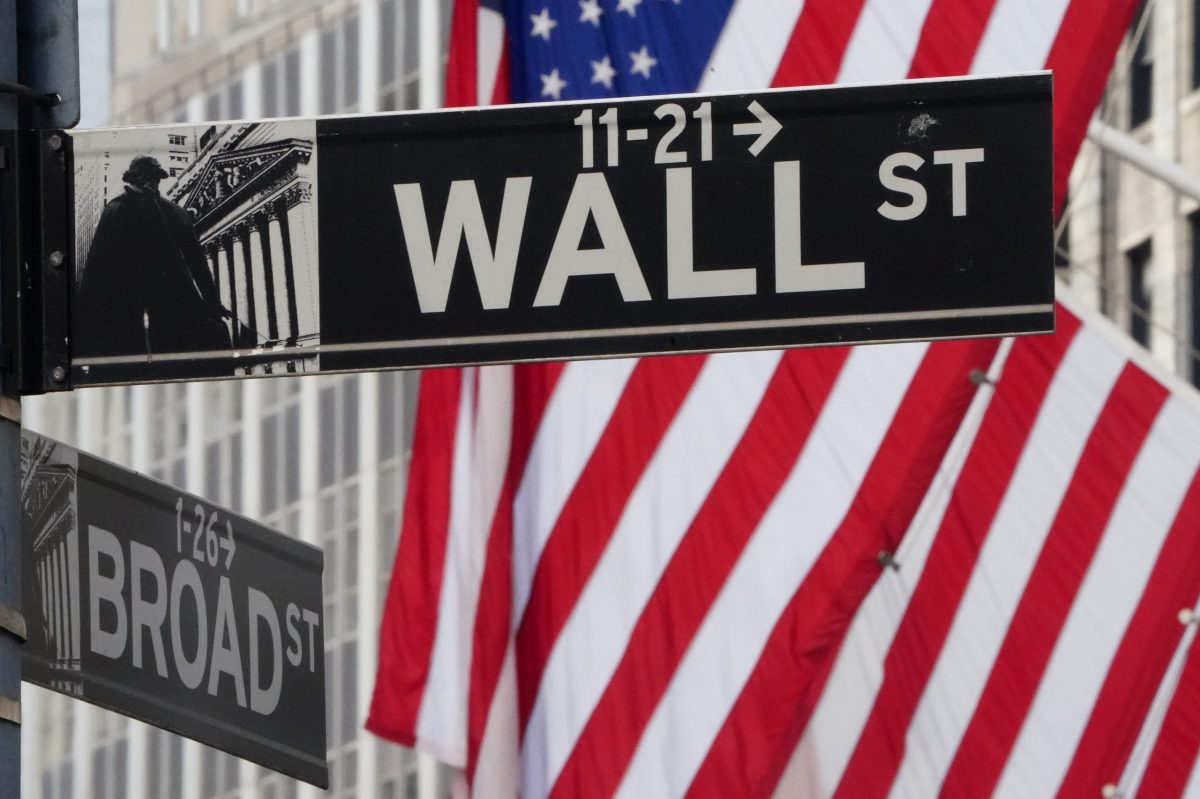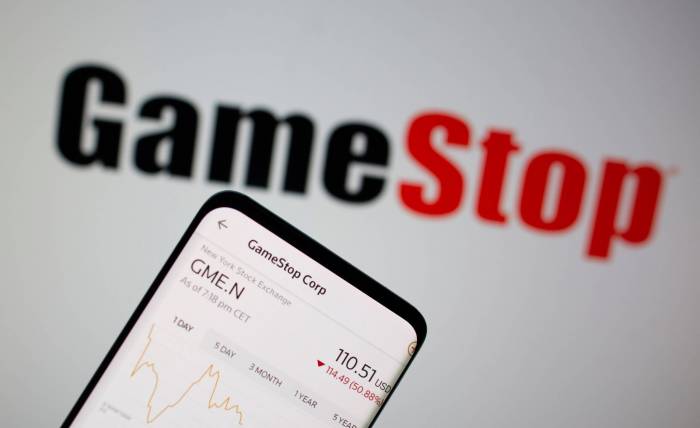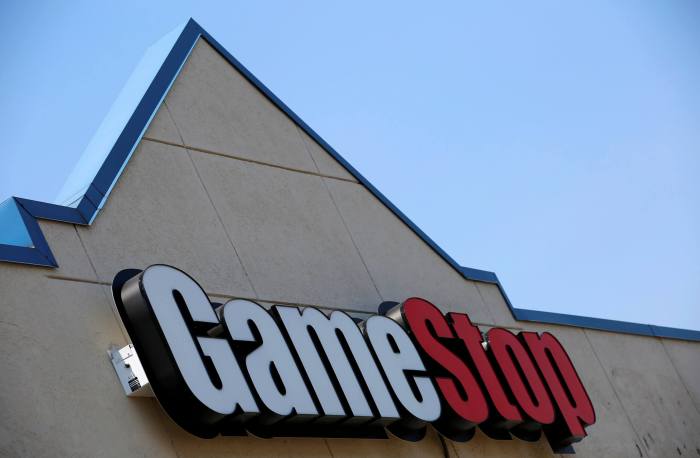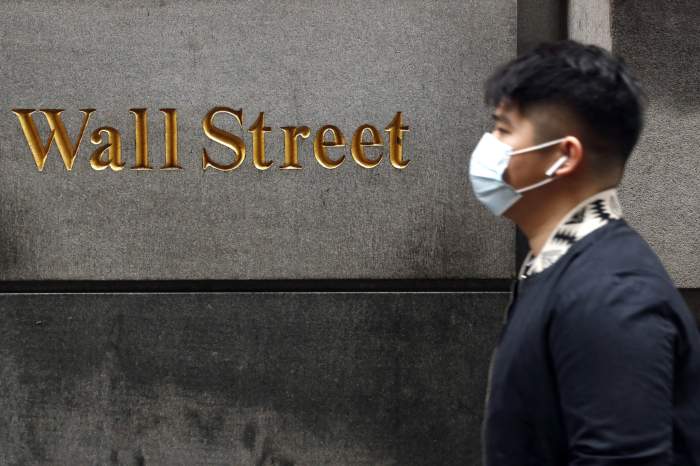Wall Street’s major averages dipped on Tuesday after a strong start to March as investors closely monitored the bond market as well as progress on the next round of fiscal stimulus.
The technology sector weighed the most on the benchmark S&P 500. Healthcare, materials and energy stocks extended gains from the previous session.
The S&P 500 on Monday logged its best day since June as markets cheered approval of a third COVID-19 vaccine in the United States and the U.S. House of Representatives’ green light for a $1.9 trillion coronavirus relief package.
The U.S. Senate will start debating President Joe Biden’s relief bill this week when Democrats aim to pass the legislation through a maneuver known as “reconciliation,” which would allow the bill to pass with a simple majority.
“Markets are reacting to the huge positive spike in the previous session, while investors are wondering if good news is bad news over concerns of higher inflation due to huge government spending plans,” said Robert Pavlik, senior portfolio manager at Dakota Wealth in New York.
At 9:49 a.m. ET, the Dow Jones Industrial Average fell 57.30 points, or 0.18%, to 31,478.21, the S&P 500 lost 11.88 points, or 0.30%, to 3,889.94 and the Nasdaq Composite lost 81.49 points, or 0.60%, to 13,507.34.
The U.S. bond market has stabilized since a selloff sent the benchmark 10-year Treasury yield to a one-year high last week, but continue to remain elevated, sparking fears over high valuations in the stock market and emerging as a competitive alternative to equities.
Later in the week, investors will focus on ISM’s service sector survey as well as the monthly U.S. jobs report to ascertain the economic health.
Zoom Video Communications Inc jumped 3.2% after the company forecast current-quarter revenue above estimates, as it expects millions of people to continue using its video-conferencing platform.
Target Corp gained 3% after it reported a 21% jump in holiday-quarter revenue, much higher than analysts’ estimates, as same-day delivery and store pick-up services helped fulfill robust demand for home goods, toys and groceries during the pandemic.
TV ratings provider Nielsen gained nearly 5% after it sold its advanced video advertising business, which includes automatic content recognition and dynamic ad insertion technologies, to television streaming platform provider Roku.
Roku’s shares dropped about 0.8%.
Declining issues outnumbered advancers by a 1.3-to-1 ratio on the NYSE and by a 1.4-to-1 ratio on the Nasdaq.
The S&P 500 posted nine new 52-week highs and no new low, while the Nasdaq recorded 98 new highs and 17 new lows.


































